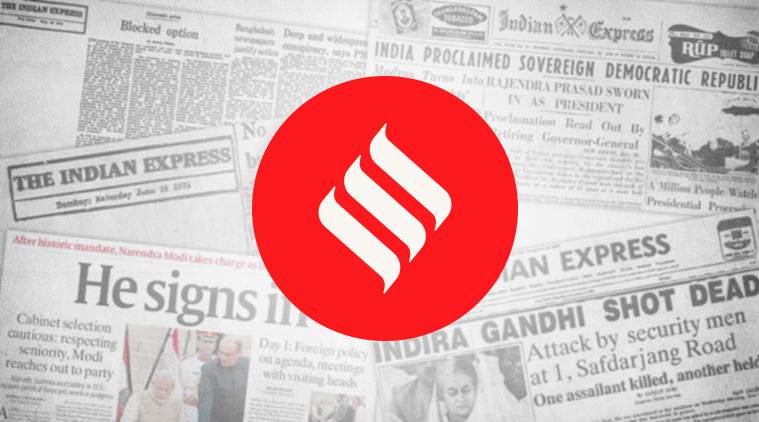
The next time someone contemplatively looks out of the window and sighs about how s/he “shall wear the bottoms of my trousers rolled”, don’t dismiss the sentiment as mere affectation of a T S Eliot enthusiast. The individual, if s/he happens to be an Indian, might indeed be a casualty of “feeling old”: A condition that, according to a study published in The Lancet, is making people feel they are growing older at a faster clip.
The study, conducted by researchers at the University of Washington, discovered that a 30-year gap differentiates countries with the highest and lowest ages at which individuals start experiencing the health problems of a 65-year-old. According to this analysis, Indians, much before they even turn 60, start suffering the health complications of a 65-year-old. Japan and Switzerland suffer the same conditions only when they touch mid-70s. The study used 65 as the global average age marker.
But Indians might even be better off embracing seniority. A young politician is vulnerable to the pappu-fication of his/her work, but a streak of white-silver hair or a receding hairline? The same person can now be an experienced kingmaker if not king. Women, too, might be spared horrid experiences in public spaces, given that the toxic masculinity in the streets affects, mostly, younger women. Within families, seniority is by default accorded an extra layer of deference, and the front seat at any function. The presence of a conventional family structure is, in fact, a bigger incentive for Indians to accept the slings and arrows of ageing faster compared to countries like Japan or the US where loneliness is attributed to a unitary lifestyle. While people in many countries cannot afford to be old, Indians might be okay feeling older than they actually are.